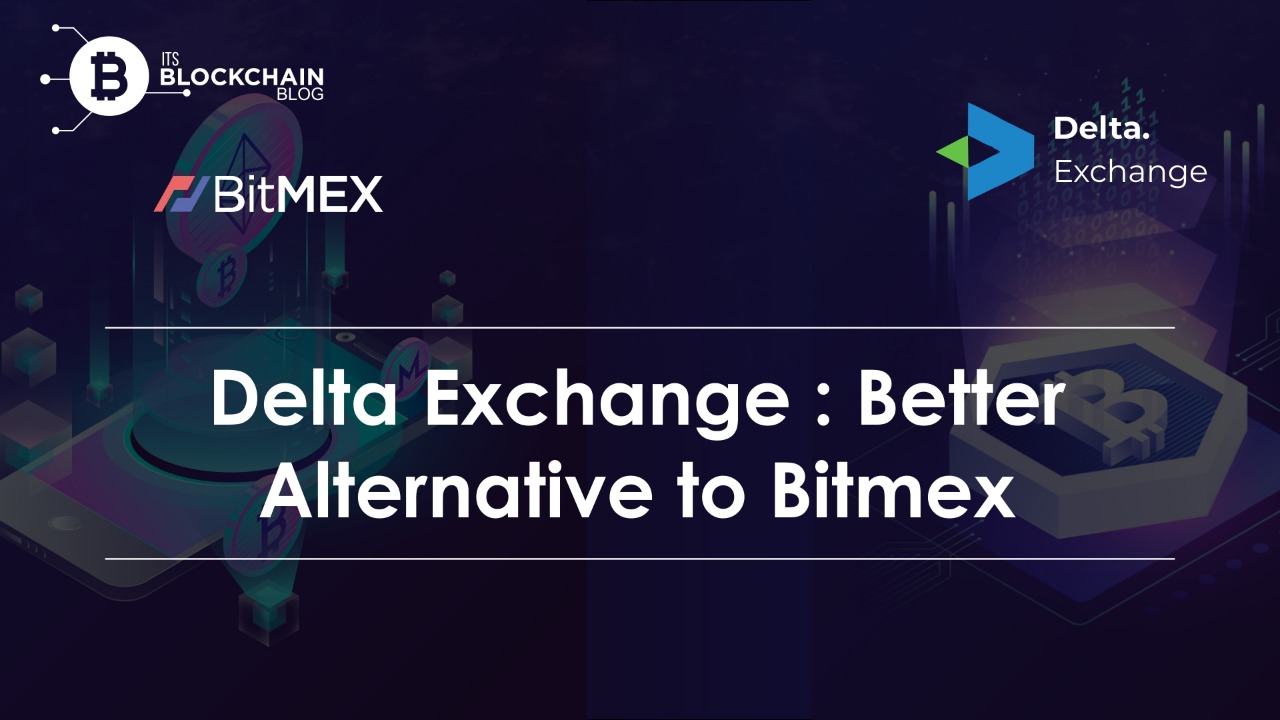Bitcoin blockchain’s transactions are practically untraceable. Unlike credit card or other bank-oriented transactions, Bitcoin (or blockchain) transactions are added cryptographically onto the ledger and are irreversible. Though blockchain is public, it completely discourages fraudulence in the infrastructure.

While Bitcoin transactions are highly secured, Bitcoin wallets are certainly lagging behind a bit!
Also certain ‘never-seen-before’ security attributes of the blockchain technology, ironically, attract hackers and thieves.
Types of Attacks
-
51% Attack
This is often considered as an inherent setback of public blockchains. In a Bitcoin blockchain, the one who has contributed the maximum to the network’s mining hashrate has the ability to manipulate the ledger as per his convenience.
This is the most common type of attack because of the openness of the distributed ledger technology. Such attack, if executed, costs very very high on the participants (or nodes) of the blockchain.
-
Eclipse Attack
This involves crippling of one of the nodes in such a way that it fails to interact with other nodes. In this case, the percentage of mining hashrate does not pose as a restricting attribute.
Let us take, for instance, a blockchain with three nodes, each having 30%, 30% and 40% of hashing power respectively. If node 3 cripples node 2 in such a way that it is no longer able to interact with node1, node 3 will have all the powers to manipulate the ledger to his discretion.
Consequences of hacking activities
The potential damage caused in a hacked blockchain could be panic among users, leading to slashing down of trust as well as prices of the cryptocurrencies. The intentions of the attackers may be as detrimental as recurring issues in confirmation of transactions in the ledger; or reversal of transactions resulting in double spending of Bitcoin. This may also prevent miners to locate specific blocks.
Preventive steps:
- Check the background of the Bitcoin vendor carefully. Every detail, from registration details of the firm, to the security measures undertaken by them, must be observed carefully. Try buying from reputed firms such as BTC-e, Bitstamp, Kraken, Coinbase etc.
- Avoid storing wallet and the private key at the same place. It is like serving the hackers with opportunities and inviting them to topple with your Bitcoins.
- Use your personal devices (computers or phones) for transaction. You don’t know who’s hiding what!
- Also try splitting your assets into different wallets so that even if one is in danger, you have the other one safe in your hands. Also prefer wallets on different platforms such as desktop, mobile, web and offline wallets.
- Create a secure backup of all these wallets in an offline hard disk drive.
- Opt for third party softwares like DiskCryptor or BestCrypt for wallet encryption. This adds another layer of security.
- Update wallet softwares regularly.
- If there are an overwhelming number of participants, go for Deep cold storage. This process involves encryption of wallet files and then storing them to an offline hard disk drive.

Hitesh Malviya is the Founder of ItsBlockchain. He is one of the most early adopters of blockchain & cryptocurrency enthusiast in India. After being into space for a few years, he started IBC in 2016 to help other early adopters learn about the technology.
Before IBC, Hitesh has founded 4 companies in the cyber security & IT space.
Subscribe to get notified on latest posts.


























